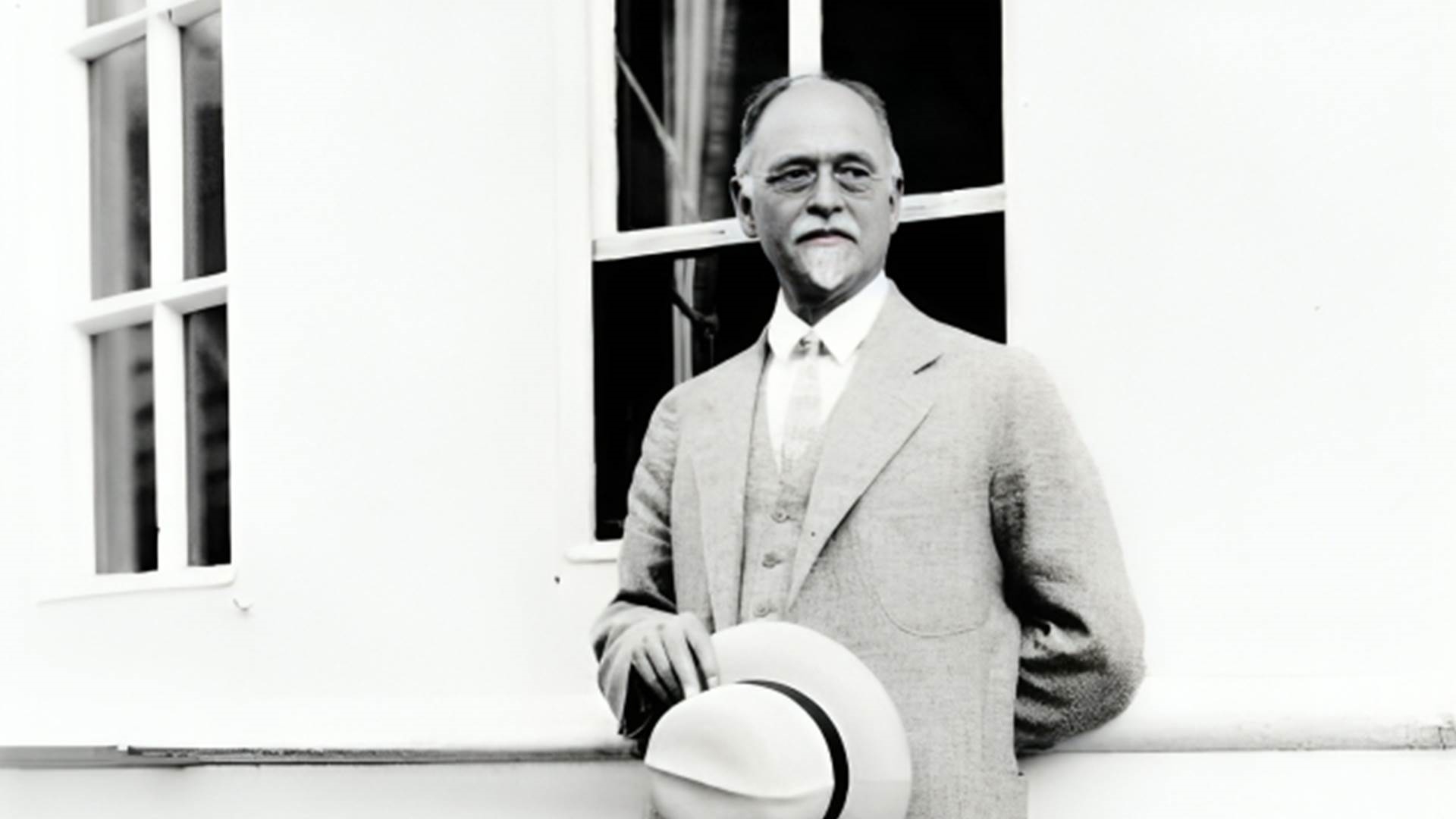Irving Fisher is one of America's greatest mathematical economists
Mai El-Kafoury/Mostafa Sayed

Irving Fisher is one of the most prominent American economists and statisticians of his time, and one of the first pioneers of modern classical school who contributed to clarifying the concepts added to economics to date.
Fischer was born in 1867 in Saugerties, America. He received university education at Yale University and became a specialist in economics and mathematics. He also studied philosophy and astronomy.
Economist Irving Fisher obtained his doctorate from Bell University in 1891, began teaching mathematics at the same university and did not stay long until he attended the Department of Economics in 1895 and continued teaching, employing his considerable experience in mathematics, until he became one of the founders of economics.
Irving was known for his well-known theories of economics, especially in the field of money, most notably the Quantity Theory of Money, a theory that explains the relationship between the amount of money and the general level of prices and emphasizes a proportional relationship between the amount of money and the level of prices.
Monetary theorists used that theory, in order to warn Governments against excessive monetary policy and the injection of more money into the economy, because, according to their expectations, inflation was emerging.
He introduces his equation which explains that the changes in prices are as result of the volume of money. This shows that the relationship between the volume of money in circulation and the level of prices is positive in the sense that the higher the amount of money, the prices increase, and vice versa.
Fisher held some positions during his lifetime, such as chairing some associations of the American Economic Association and the society Econometric, and was also appointed economic adviser to U.S. President Franklin Roosevelt, after the Great Depression.
Irving Fisher's role was not only to take an interest in economic theory but also to make good contributions to statistics, one of the most famous contributions was the Fisher Price Index.
Fischer left many works and articles in the fields of economics and statistics, which added value to the economy, such as the book "Purchasing Power of Money," a mathematical survey of value and price theory, and "Nature of Capital and Income," as well as the book "The Making of Index Numbers". Fisher left our world in 1947 in New Haven, United States, at the age of 80.











